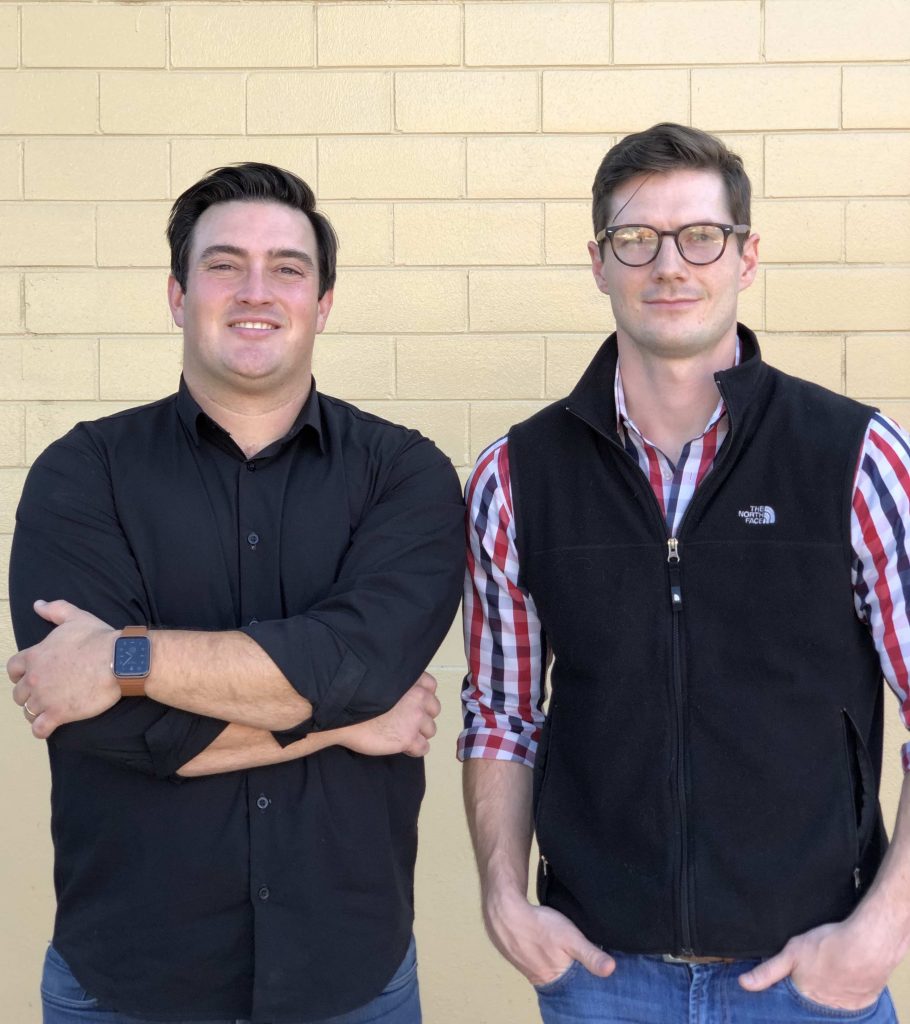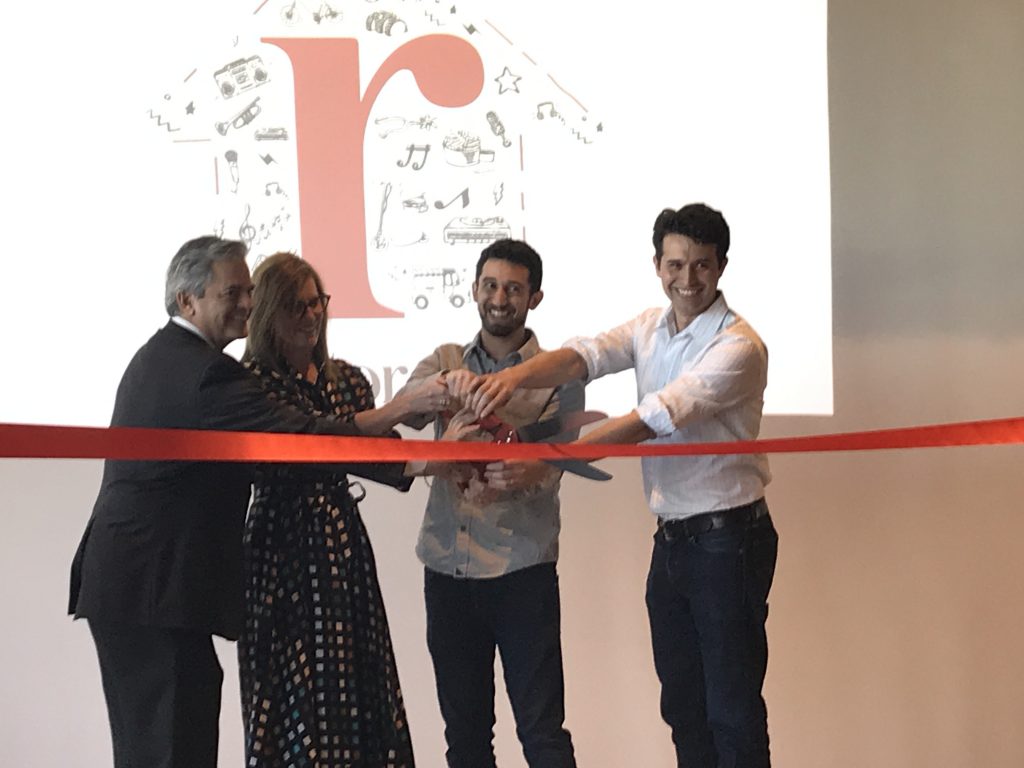
November is jam-packed with lots of fun events to attend.
Silicon Hills News is hosting its first SpaceATX event on Wednesday, Nov. 6th. We hope to see you all there.
And Silicon Hills News is currently taking photos for our 2020 Austin Tech Calendar. There is only one spot left for a startup to be featured. Contact LauraLorek@gmail.com if you are interested. Get your early bird tickets to the party here.
Without further ado, let’s check out what’s happening in November.
Nov. 1st
Laughter Therapy with Yasim Butt
When: 7:00 p.m. to 9:30 p.m.
Where: Capital Factory, 701 Brazos St., Austin, TX 78701
Why: Laughter Therapy is a Stress Management Exercise. It is 40 minutes of Continuous Laughter in a group that produces a chemical in the brain called dopamine responsible for happiness. People who regularly participate in Laughter Therapy report increased levels of happiness, life satisfaction and deep sleep. For more info.
Nov. 4-8th
Austin Design Week
When: Monday-Friday
Where: Various Venues Around Austin, Texas
Why: Celebrate Austin design through a week of workshops, talks, studio tours and events this November as the city celebrates its creative economy in the fourth annual Austin Design Week. For more info.
Nov. 6th
SpaceATX: Space the Next Frontier: Exploring Space, Travel and Colonization
When: 8:30 p.m. to 12:30 p.m.
Where: Blanton Auditorium 200 E. Martin Luther King Jr. Blvd. Austin, TX 78712
Why: Space is big business in Texas and it’s getting bigger.To explore the industry and its impact in Austin and San Antonio, Silicon Hills News is putting on its first space industry conference: SpaceATX: Space the Next Frontier: Exploring Space, Travel and Colonization. SpaceATX is focused on Texas’ booming space industry and geared to those interested in its development. For more info.
Nov. 6th
ATC and Google Fireside Chat:
When: 4:00 p.m. to 6:30 p.m.
Where: Google, 500 West 2nd Street, Austin, TX
Why: Google is excited to host C level executives and other decision-makers from Austin and surrounding areas. We will cover multiple topics surrounding Google Cloud including Machine Learning, AI and infrastructure modernization from Googlers and other experts. For more info.
Nov. 7th
ATC Roundtable Breakfast: Women in Tech
When: 7:30 a.m. to 9:00 a.m.
Where: Galvanize, 119 Nueces Street, Austin, TX
Why: Monthly breakfasts targeted to specific groups within the Austin technology community to come together in a small group of 25-40. These events include a featured speaker who kicks off open discussion amongst attendees. Women-only event. For more info.
Nov. 7th
TiE Austin Pitch Competition
When: 5:30 p.m. to 8:30 p.m.
Where: Vrbo’s office, 11920 Alterra Parkway, Austin, TX
Why: TiE Austin is holding a pitch competition open to startups that have been through an accelerator program. For more info.
Nov. 8th
Austin Tech Summit hosted by BYU Alumni & Friends 2019
When: 8:00 a.m. to 5:00 p.m.
Where: Dell Technologies Campus, 524 Louis Henna Blvd., Building 2 East – rooms Dallas and Houston, Round Rock, TX
Why: BYU Alumni Austin Chapter will host the Austin Tech Summit at the new Dell Campus in Round Rock. While BYU is spearheading this event, one need not be BYU alumni to attend. The purpose of this event is to build and support the local tech community by providing networking and professional development opportunities. For more info.
Nov. 12th
Austin Forum: Internet of Things
When: 5:15 p.m. to 7:30 p.m.
Where: Austin Central Library; 701 W. Cesar Chavez
Why: Rhonda Dirvin of ARM and Jason Shepherd of Dell Technologies will discuss technologies that demonstrate IoT’s power to shape our lives, jobs and society. For more info.
Nov. 13th-14th
Time Machine 2019 by SparkCognition
When: Nov. 13th and Nov. 14th
Where: Palmer Events Center, 900 Barton Springs Road
Why: “The Time Machine summit is a vital opportunity for your organization to take its place among the early adopters who will define the businesses of the future. At Time Machine, you will discover how to leverage AI technologies to ensure your business is future-ready in the changing technology landscape.” For more info.
Nov. 14th
DivInc Demo Day
When: 2:30 p.m. to 6:00 p.m.
Where: Rowling Hall, 300 West Martin Luther King Junior Boulevard Austin, TX, 78705
Why: DivIn’s latest cohort will show off their hard work following their participation in the 12-week accelerator program. The event will feature pitch presentations, a chance to meet the companies, and light bites during conversations with the founders. For more info.
Nov. 16th-17th
New Worlds 2019 Conference and Cowboy Space Ball
When: Nov. 16th and Nov. 17th
Where: Bullock Texas State History Museum 1800 Congress Ave., Austin, TX 78701
Why: A day long conference on space featuring former astronauts, engineers, space company founders, NASA officials and more. Followed by the Cowboy Space Ball where Astronaut Buzz Aldrin will receive the Space Cowboy Award. For more info.
Nov. 19th
InnoTech Austin
When: 8 a.m. to 5:30 p.m.
Where: Austin Convention Center
Why: The 16th annual technology conference showcases a variety of tech companies based in Austin and in Texas. It features speakers, an exhibit hall and a special conference focused on women in tech – the Women in Tech Summit. For more info.
Nov. 19th
Defense Innovation Summit
When: 9:00 a.m. to 6:00 p.m.
Where: Capital Factory, 701 Brazos Street, Austin, TX 78701
Why: The Defense Innovation Summit brings defense partners, corporations, the startup community and investors together for a full day of programming to promote valuable collaborations in defense innovation. It includes a pitch competition featuring a $100,000 prize. For more info.
Nov. 20th
Invent + Innovate Awards
When: 5:30 p.m. to 7:30 p.m.
Where: AT&T Conference Center
Why: UT’s Office of Technology Commercialization’s annual Inventor Awards Reception and Ceremony is now called the Invent + Innovate Awards. The program has been expanded to recognize even more UT Austin researchers whose work is changing the world. For more info.
Nov. 21st
Fall 2019 JBTVL Venture Expo
When: 4:30 p.m. to :630 p.m.
Where: Robert B. Rowling Hall, The University of Texas at Austin300 W Martin Luther King Jr. , Blvd, Crum Auditorium (First Floor), Austin, TX 78701
Why: This semester, the exposition will feature the 12 members of our Fall 2019 JBTVL Accelerator Cohort who comprise some of the best early-stage startups in the area. Additionally, we will feature a selection of our past years’ JBTVL Accelerator alumni companies. For more info.












